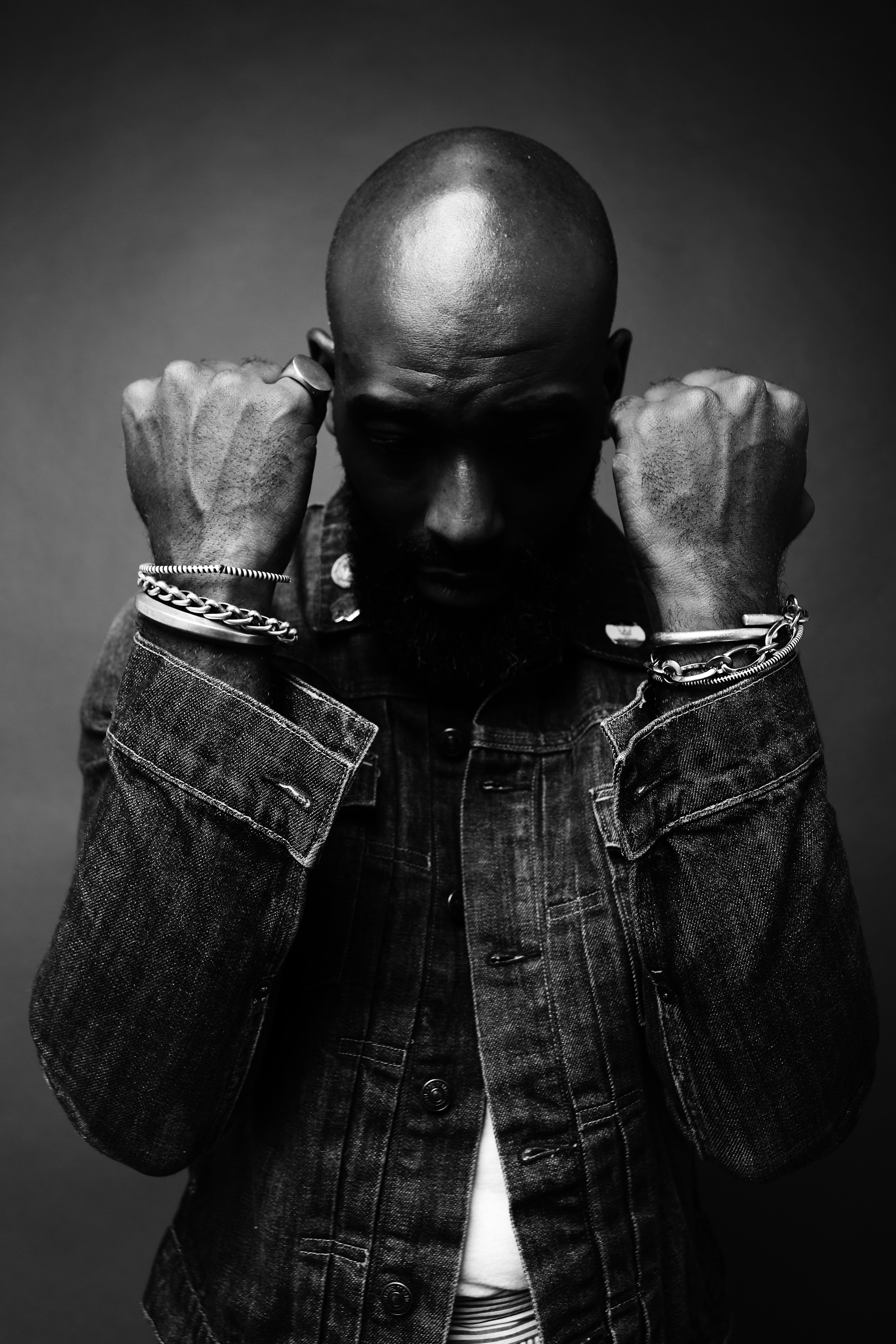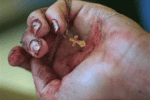Emory University in Atlanta is apologizing for years of anti-Semitism at its dental school, when dozens of Jewish students were flunked out or forced to repeat courses, leaving many feeling inadequate and ashamed for decades despite successful careers.
The school invited many of those former students to meet with president James Wagner on Wednesday and then attend a screening of a documentary about the discrimination, which heavily relies on video interviews collected by one of those students, Dr. Perry Brickman.
"We knew individually and collectively what the truth was," Brickman said. "But the truth in a situation like this is never really validated until the perpetrator says sorry."
In one interview, former student Ronald Goldstein recalls the dean asking him, "Why do you Jews want to go into dentistry? You don't have it in the hands." Another, George Marholin, recalls a professor coming into a room cursing at him and calling him a "damn Jew."
"I'm sorry. We are sorry," Wagner said before a ballroom packed with several hundred people.
Under dental school dean John Buhler from 1948 to 1961, about 65% of Jewish students were flunked out or forced to repeat courses, while the rate of failure or repeats was dramatically lower before that period, according to statistics compiled by then-director of the Anti-Defamation League, Art Levin. Anti-Semitism at the dental school spread beyond Buhler to other members of the faculty as well, said university vice president Gary Hauk.
An admissions quota at the time allowed about four Jewish students a year, so there were likely about 50 Jewish students admitted during Buhler's tenure, Hauk said. At a private meeting with Wagner on Wednesday 31 former students or their families were present.
Talk of discrimination in the South in the mid-20th century often focuses on blacks. In the 1950s, while Jews were being discriminated against at the dental school, there was a push at Emory to integrate black students, and the school in 1962 successfully sued the state of Georgia to overturn a state statute that would strip the tax-exempt status of any private college or university that admitted black students.
Some students didn't realize the extent of the anti-Semitism until they got letters alleging poor academic performance.
'Nobody believed us'
Brickman, who's now 79, entered Emory in 1951. All four Jewish students in his dental school class were gone within two years. He did well his first year and was never summoned to speak about his academic performance, so he was shocked to receive a letter from Buhler in the summer of 1952 saying he'd flunked out.
"Nobody believed us," Brickman said. "Even our parents said, 'Oh, you must not have studied enough. Emory's a good school. They wouldn't do anything like that.'"
Buhler resigned in 1961, but Emory denied at the time that his leaving had anything to do with allegations of anti-Semitism. He went on to become dean of the dental school at the University of South Carolina and died in 1976.
Ashamed and confused, Brickman and his fellow students clammed up. Brickman went on to graduate with honors from the University of Tennessee's dental school and enjoyed a successful career in Atlanta.
Despite the lingering sting of discrimination, Brickman retained close ties to Emory, where he'd had a positive undergraduate experience. In 2006, he went to an exhibition at Emory celebrating the 30th anniversary of the school's Jewish studies department. He was surprised to see panels about the discrimination at the dental school. The exhibition's curator, Professor Eric Goldstein, told Brickman he thought the school was ready to face the issue.
Still, Brickman wasn't sure he wanted to reopen that wound. But two years later, when an old friend and former classmate he hadn't spoken to in more than 55 years called him and said he still struggled every day with that pain, Brickman decided to do something.
He contacted dozens of former students for interviews and showed them to Hauk, the university vice president. Hauk helped commission father-son documentary filmmakers John and David Hughes Duke to interview Emory administrators and turn them into a film along with Brickman's interviews.
After Wagner's apology and a screening of the film Wednesday night, some of the men and their families had tears in their eyes and expressed a feeling of relief and vindication, grateful the apology came while they're still alive.
Saturday 12 January 2013
Emory University apologizes for years of anti-Semitism in dental school
Another backlog item, as reported by Associated Press, October 12, 2012:
Subscribe to:
Post Comments (Atom)

.JPG)





































No comments:
Post a Comment